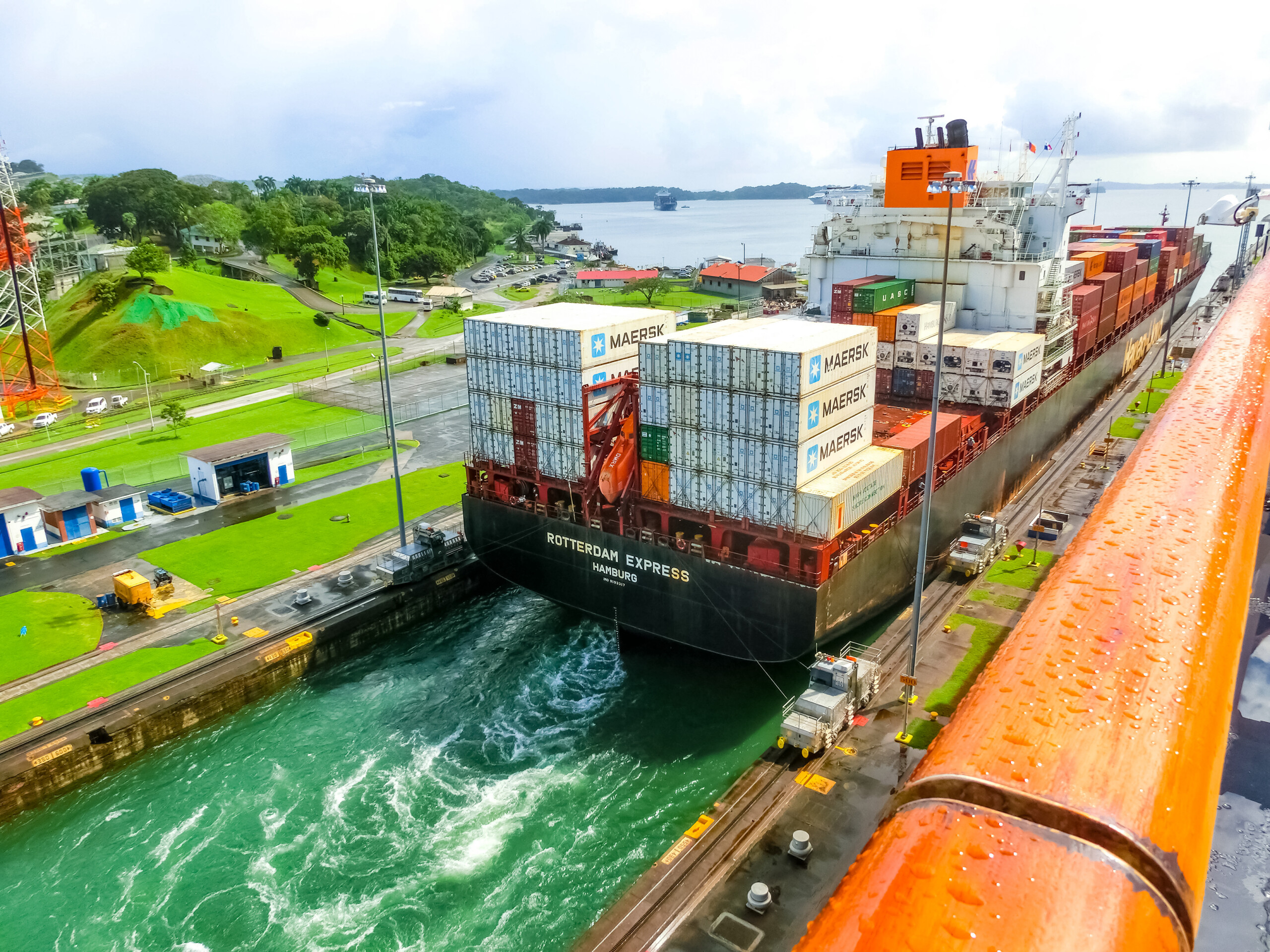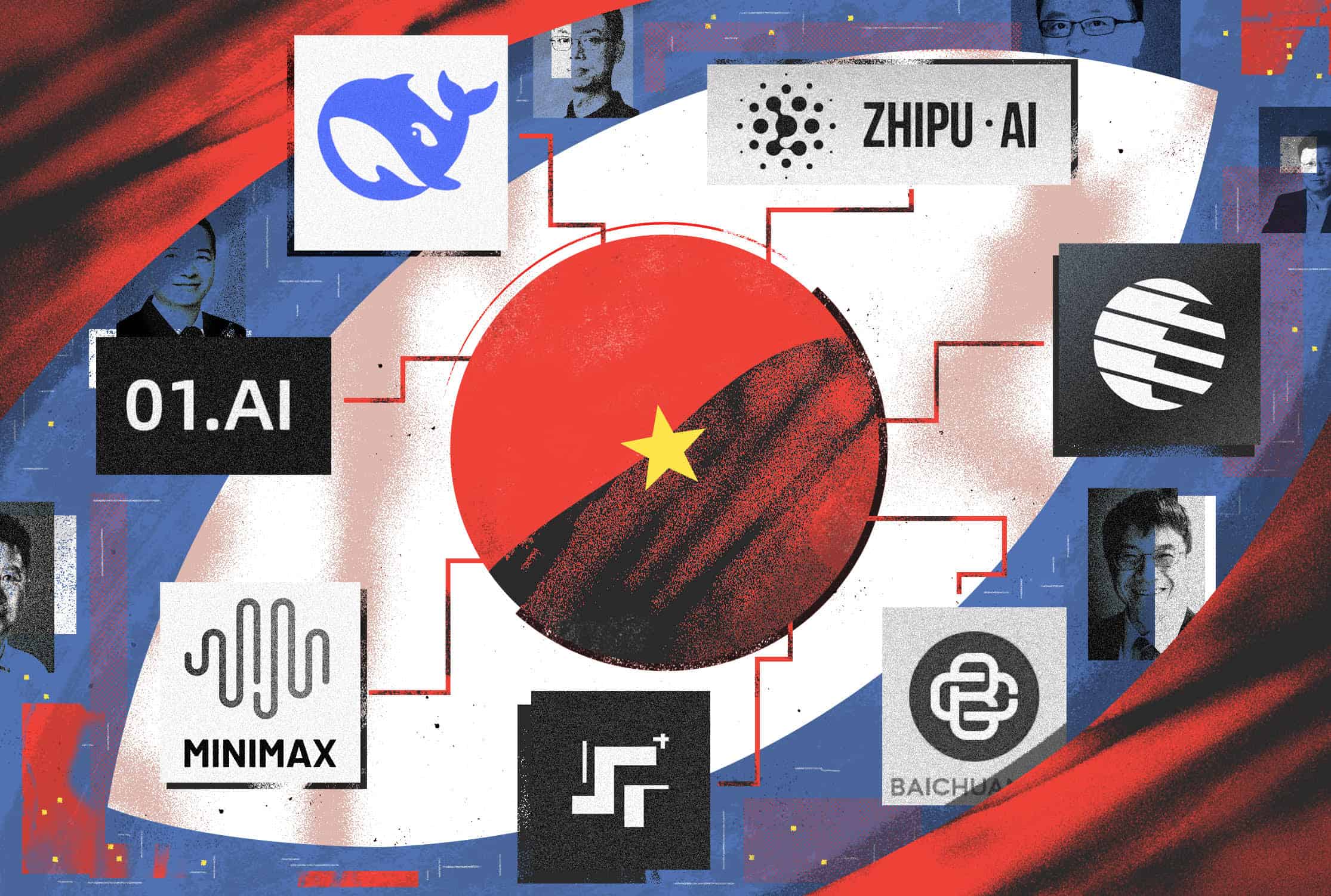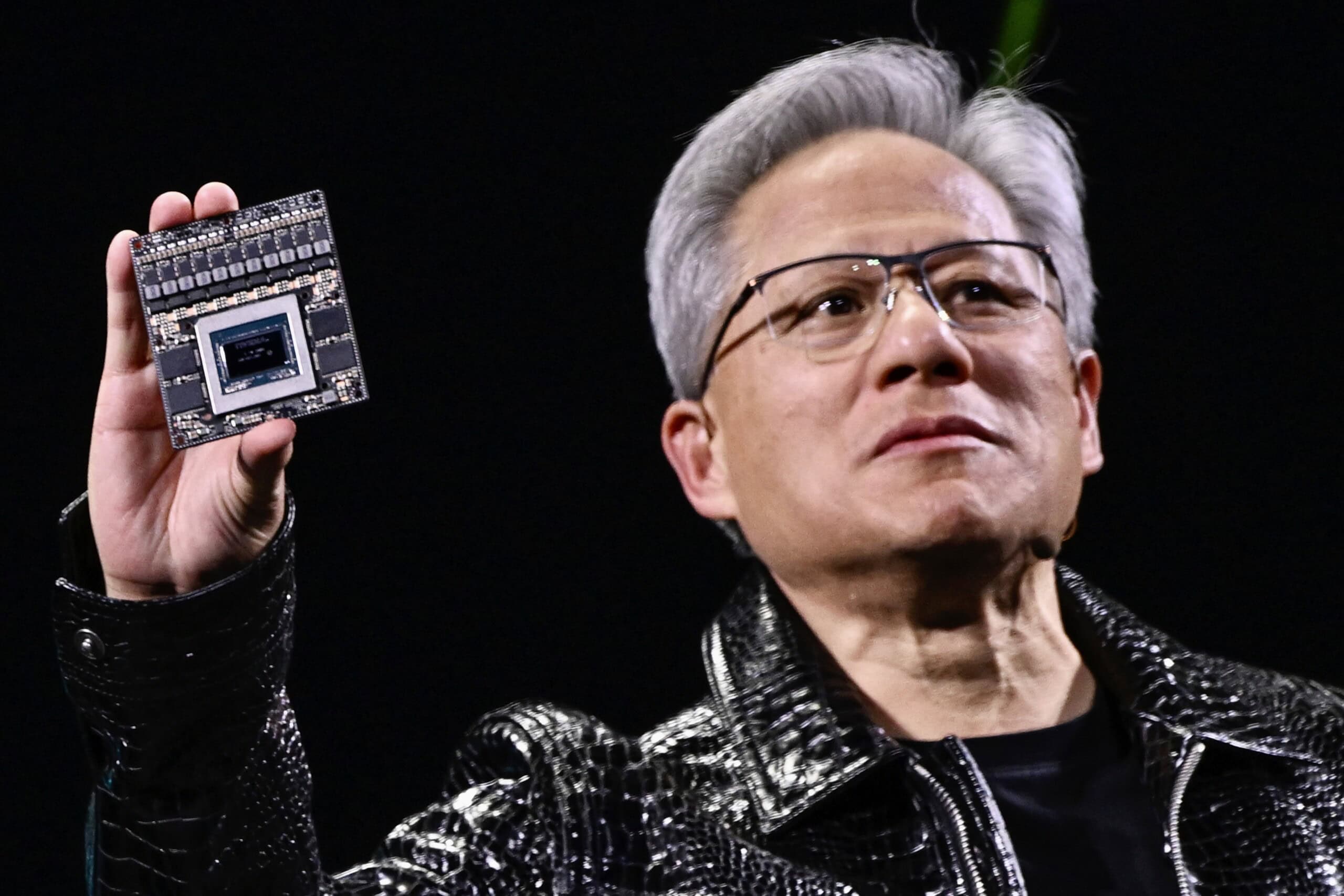
Does China control the Panama Canal? It’s a question that has unexpectedly come to the fore in the early days of President Donald Trump’s new administration.
At the heart of the answer lies CK Hutchison, a company with a history dating back some two centuries that is owned by Hong Kong’s richest man, and which operates infrastructure assets around the world — including port terminals at the Atlantic and Pacific ends of the canal, through which 40 percent of U.S. container traffic transits annually.

Fears around Beijing’s potential influence over CK Hutchison lie behind President Trump’s apparent desire to “take back” the canal. On a visit to Panama last Sunday, Secretary of State Marco Rubio reiterated Trump’s position that the Chinese Communist Party now has too much control over the canal area — although the administration has not presented evidence suggesting that China has ever directed CK Hutchison to act on its behalf.
This week The Wire looks into the company’s background and assesses the extent to which it could and does represent the CCP’s interests.
WHO IS CK HUTCHISON?
CK Hutchison was formed in 2015 through the merger of Cheung Kong Holdings and Hutchison Whampoa. These days it is a holding company that operates four main businesses — ports, retail, infrastructure, and telecommunications — via a series of subsidiaries.

Listed in Hong Kong and registered in the Cayman Islands, it currently has a market value of around $19 billion, turning a net profit in 2023 of around $3 billion. The company’s retail business, primarily made up of health and beauty stores like the British pharmacy Superdrug and the Asian chain Watson’s, is its biggest revenue generator. Its ports business makes up less than a tenth of the firm’s revenue.
CK Hutchison is best known in Hong Kong because it was built by 96-year old Li Ka-shing, who now owns a third of the company, contributing to his estimated $37 billion net worth. A local joke runs that Li, nicknamed Superman, is so influential in Hong Kong that he operates a forcefield protecting the territory from typhoons.

In his early 20s, Li started a company called Cheung Kong Industries that made plastic flowers. He built it into a real estate conglomerate and expanded into hotels before buying a “substantial shareholding” in Hutchison Whampoa in 1979, according to the company.
In 2018, Li handed the running of CK Hutchison to his son Victor, a member of the Chinese People’s Political Consultative Conference, a mainland political advisory body. The younger Li also sits on the board at Hong Kong Electric Investments, an affiliate company of CK Hutchison in which China’s State-owned Assets Supervision and Administration Commission of the State Council holds a 21 percent stake, according to WireScreen.

HUTCHISON HEADS ABROAD
An irony of the U.S.’s concerns over CK Hutchison is that some in Beijing also view Li Ka-shing with suspicion. In 2015 he drew ire for selling real estate in Shanghai, including office buildings and a shopping mall: A think tank affiliated with the official Xinhua news agency called him a “monster with fangs.”

In 2019, amid widespread pro-democracy protests in Hong Kong, the billionaire took out cryptic newspaper ads that some viewed as supportive of the demonstrators. He subsequently emphasized his support for Beijing and endorsed the controversial National Security Law that had sparked the protests.
What is clear is that CK Hutchison has looked to diversify away from Hong Kong in recent years. In 2018, for example, the company fully acquired telecom operators in Italy and Sri Lanka. China and Hong Kong made up just 12 percent of the company’s revenue during the first six months of 2024, according to its most recent interim report, less than half the share a decade ago.

CK Hutchison’s subsidiaries have been investing in global ports for decades, and now own stakes in 53 ports across 24 countries. Hutchison Ports was the sixth-largest container port operator in the world last year by volume, according to British shipping journal Lloyd’s List. It is this entity that now owns 90 percent of the Panama Ports Company, the operator of two ports on the canal.

The company is 80 percent owned by CK Hutchison, while Singapore’s state-owned port authority, PSA International, owns the remaining 20 percent. In November, Singapore newspaper The Straits Times reported that PSA was looking to sell its stake, citing unnamed sources, with China’s state-owned shipping giants China Merchants Group and China Cosco Shipping expressing interest.
Below is a list of Hutchison Ports’s five largest port operations by annual containers processed, known as twenty-foot-equivalent units (TEU):
| PORT | LOCATION | HUTCHISON OWNERSHIP | THROUGHPUT (MILLION TEU) |
|---|---|---|---|
| Terminals at Port of Yantian* | China | 15.5 – 17% | 13.4 |
| Westports Malaysia | Malaysia | 23.6% | 10.9 |
| Northern European ports | Belgium, Germany, Netherlands | 50 – 100% | 9.6 |
| Terminals at Port of Shanghai* | China | 30% | 8.8 |
| Terminals at Port of Hong Kong | Hong Kong | 12 – 30% | 7.6 |
Note: Ownership percentage of Yantian and Hong Kong terminals is CK Hutchison’s. Ownership percentage of Malaysia, Europe, and Shanghai terminals is Hutchison Ports’s.
SO HOW CHINESE IS CK HUTCHISON?
CK Hutchison’s leadership reflects that of the territory in which it was born. Half of its top executives hold foreign passports, according to the U.K.’s Companies House, though a third are relatives of Li Ka-shing.

CK Hutchison’s forebears have previously come under U.S. scrutiny. After Hutchison Whampoa signed a deal with Panama in 1997 to operate two of the canal’s five ports, the U.S. government investigated Beijing’s potential influence over the company. In 1999, former State Department official Lino Gutierrez said in a statement to the Senate that the U.S. had explored whether Hutchison Whampoa, then about half owned by Cheung Kong industries, was “a front for the government of the People’s Republic of China.”
If the Chinese government armwrestled CK Hutchison into altering its operating practices at the ports in Panama, it would probably have no choice but to at least to some extent go along with those demands.
Kurt Tong, managing partner at The Asia Group, who served as U.S. consul general in Hong Kong
“We have found no information to substantiate that allegation,” he said.
Since then, China has tightened its grip over Hong Kong and stepped up its oversight of companies there.
“We’re seeing a radical shift,” says Mark Clifford, the former executive director of the Asia Business Council and author of a recent book on imprisoned Hong Kong media magnate Jimmy Lai. “Hong Kong used to be the most laissez-faire place in the world. The government had virtually no controls.”
CK Hutchison has made some apparent moves to align with Beijing’s interests in recent years. A 2017 promotional video featuring Eric Ip, group managing director for Hutchison Ports, boasted that 22 of the 25 countries it operated in at the time were participants in China’s Belt and Road Initiative, Xi Jinping’s signature overseas investment policy.
In an interview with The Megyn Kelly Show last week, Rubio said Hutchison’s stakes pose a risk because “they have to do whatever the [Chinese] government tells them. And if the government in China in a conflict tells them to shut down the Panama Canal, they will have to.”

CK Hutchison did not respond to a request for comment. Last month, its Panama subsidiary released a statement that did not address the controversy directly, but said that it had 99.9 percent Panamanian personnel and stressed its economic contributions to the country.
In a statement last month, Chinese foreign ministry spokesperson Mao Ning said China does not manage or operate the canal and recognizes it as a “permanently neutral international waterway.”
Observers say it would be difficult for CK Hutchison alone to close the Panama Canal — whose other three ports are operated by companies based in the United States, Singapore, and Taiwan — and that such a move anyway wouldn’t be in China’s own interests given how many of its exports go through the waterway. About a fifth of the total cargo shipped through the Panama Canal last year originated in China or was headed there, according to the Panama Canal Authority.

“If the Chinese government armwrestled CK Hutchison into altering its operating practices at the ports in Panama, it would probably have no choice but to at least to some extent go along with those demands,” says Kurt Tong, managing partner at The Asia Group, who served as U.S. consul general in Hong Kong.
“But I have trouble understanding why the [Chinese] government would do that except in a time of war,” he adds. “And under such circumstances I imagine the Panamanian government would just take over the ports anyway.”

Noah Berman is a staff writer for The Wire based in New York. He previously wrote about economics and technology at the Council on Foreign Relations. His work has appeared in the Boston Globe and PBS News. He graduated from Georgetown University.

Eliot Chen is a Toronto-based staff writer at The Wire. Previously, he was a researcher at the Center for Strategic and International Studies’ Human Rights Initiative and MacroPolo. @eliotcxchen




